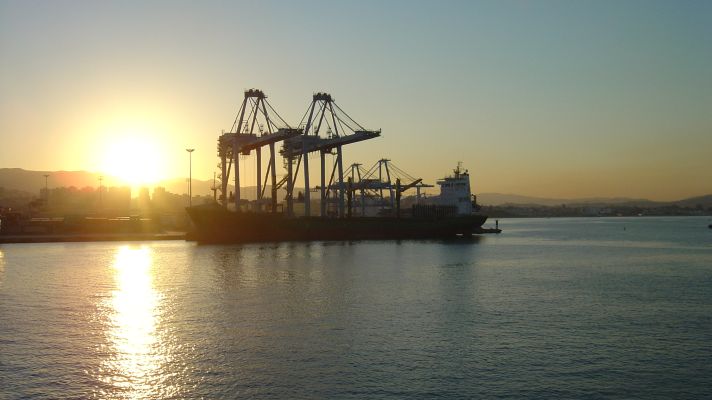The International Maritime Organization (IMO) is pushing ahead with measures aimed at reducing greenhouse gas (GHG) emissions from shipping. One of the most notable is the decision to speed up entry into force of phase 3 of the Energy Efficiency Design Index (EEDI).
The measures were announced during the 74th session of the IMO's Marine Environment Protection Committee (MEPC), which took place from 13-17 May. They are to support the objectives set out in the initial IMO strategy on reduction of greenhouse gas (GHG) emissions from ships (at least fifty per cent reduction by 2050 in comparison with 2008). The MEPC approved amendments to strengthen existing mandatory requirements for new ships to be more energy efficient, will initiate the Fourth IMO GHG Study and adopted a resolution encouraging cooperation with ports to reduce emissions from shipping.
EEDI Phase 3 Sped up
The MEPC approved, for adoption at the next session in April 2020, amendments to MARPOL Annex VI to significantly strengthen the Energy Efficiency Design Index (EEDI) "phase 3" requirements.
The draft amendments bring forward the entry into effect date of phase 3 to 2022, from 2025, for several ship types, including gas carriers, general cargo ships and LNG carriers. This means that new ships built from that date must become significantly more energy efficient.
The MEPC also agreed terms of reference for a correspondence group to look into the introduction of a possible "phase 4" of EEDI requirements.
Fourth IMO GHG Study
The terms of reference for the Fourth IMO GHG Study were agreed and the tendering process will begin with an invitation to tender issued shortly. The study will include an
inventory of current global emissions of GHGs and relevant substances emitted from ships of 100 GT and above. In addition, the study is to provide estimates of carbon intensity (estimates of world fleet's CO2 emissions per transport work, from 2012 to 2018, and for 2008 as a baseline year). The study will also explore scenarios for future international shipping emissions up to 2050.
Cooperation with Ports to Reduce Shipping Emissions
MEPC adopted resolution MEPC.323(74) to encourage voluntary cooperation between the port and shipping sectors to contribute to reducing GHG emissions from ships. This could include regulatory, technical, operational and economic actions, such as the provision of:
- onshore power supply (preferably from renewable sources);
- safe and efficient bunkering of alternative low-carbon and zero-carbon fuels;
- incentives promoting sustainable low-carbon and zero-carbon shipping; and
- support for the optimisation of port calls including facilitation of just-in-time arrival of ships.
Candidate Short-term Measures to Be Handled by Intersessional Working Group
The MEPC has received a vast number of proposals for possible short-term measures. Although some were discussed, such as strengthening the energy efficiency requirements for existing ships, speed and other technical and operational measures, the focus was on how to consider, organise and streamline proposals on candidate short-term measures. The MEPC decided to let the Intersessional Working Group take the lead in this matter.
The MEPC also considered proposals on candidate mid-/long-term measures, in particular measures aimed at encouraging the uptake of alternative low-carbon and zero-carbon fuels, but as yet, without any further concrete actions.
The Intersessional Working Group will:
- consider concrete proposals to improve the operational energy efficiency of existing ships, with a view to developing draft amendments to Chapter 4 of MARPOL Annex VI;
- consider concrete proposals to reduce methane slip and emissions of Volatile Organic Compounds (VOCs);
- consider a draft MEPC resolution urging Member States to develop a voluntary National Action Plan (NAP) with a view to contributing to reducing GHG emissions from international shipping;
- consider concrete proposals to encourage the uptake of alternative low-carbon and zero-carbon fuels;
- consider the development of further actions on capacity-building, technical cooperation, research and development; and
- consider other concrete proposals for candidate measures.
The next meetings of the Intersessional Working Group on Reduction of GHG Emissions from Ships will take place 11 to 15 November 2019 and in March 2020.








